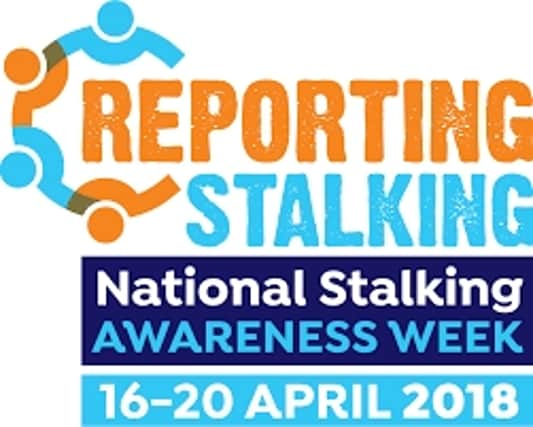POLICE: If you think you are being stalked don't live in fear or distress


The force is supporting the awareness week (April 16-21) and said there was still a “lack of understanding around stalking” and has issued safety advice and guidance for victims.
The definition of stalking is a pattern of repeated, unwanted behaviour that causes a person to feel distress or fear and does not necessarily involve violence.
Advertisement
Hide AdAdvertisement
Hide AdMonitoring, loitering, interfering and spying are additional types of stalking, commonly experienced by victims.
Chief Insp Vicky Short, of South Yorkshire Police, said: “We take reports of stalking very seriously and want you to know you will be supported when you come and talk to us.
“Our officers are supporting the public and colleagues with the use of specialist knowledge and our call handlers have also received training to help signpost stalking victims to the most appropriate source of help or advice.
“There is still a lack of understanding around stalking and the types of behaviour that are recognised as stalking in law. That’s just one of the reasons why South Yorkshire Police is backing this high profile national campaign to let people know that they are not alone.
Advertisement
Hide AdAdvertisement
Hide Ad“You don’t have to live in fear or distress. Contact our specially trained officers and we will help and support you. Be assured, we will apprehend and prosecute offenders.”
The force has issued the following advice for people who think they are being stalked:
- Don’t speak to or engage with a stalker
- Speak to friends, neighbours, or colleagues about what is happening to you, they may be able to evidence what’s happening or put some protective measures in place
- Trust your instincts – if it doesn’t feel comfortable then let someone know
- Keep a diary of events
- Be aware of your online profile and how much information you are making public. Make sure your personal data is safe and change your password frequently
- Consider carrying a personal alarm or download a personal safety app to your smart phone
- Contact Paladin, the National Stalking Advocacy Service at paladinservice.co.uk
- Call the police on 101 or visit a police station. Dial 999 in an emergency.